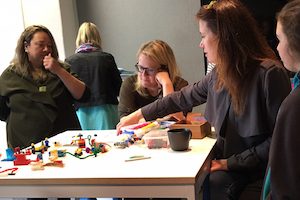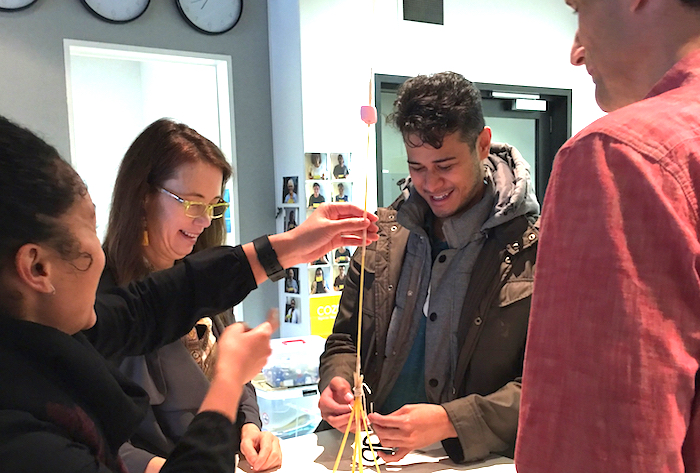Communities at core of achieving health equity
1 February 2018
Inequity is a problem in today’s health system. Why do some communities – notably Māori and Pasifika – have far worse access to health care and worse health outcomes than others in Aotearoa – and how can we fix this?
This is an important issue that one Healthier Lives project is working to address. He Pikinga Waiora aims to find better ways of creating effective health interventions for Māori communities who continue to suffer from poorer health, particularly in the area of non-communicable diseases (NCDs) such as diabetes, heart disease and obesity.

One of the lead researchers, Professor John Oetzel, explains.
“Māori have higher rates of these health problems and more significant consequences. We want to introduce a new approach to try and better address that; not only to improve those health conditions, but to eliminate the inequities.”
He Pikinga Waiora researchers have been working on ways of creating and doing NCD health interventions differently. They’ve developed a framework for health interventions based on four pillars:
- Cultural-centredness
- Community engagement
- Systems thinking
- Integrated knowledge transfer
He Pikinga Waiora Implementation Framework (PDF)
The framework uses a Kaupapa Māori approach and is intended as a tool for funders and community organisations to plan, implement and assess health interventions, and it’s already been embraced by public health researchers and groups around the country.
Projects that have used the framework include an Arthritis New Zealand project to develop a programme to combat gout for Maori, and Harti Hauora Tamariki, a Waikato-based comprehensive, equity-focused child health programme offering screening, interventions and follow-up packages to children in hospital and their families.

Principal investigator, Dr Nina Scott, says Harti Hauora is a good example of one of the framework’s components, systems thinking, in action.
Other innovative projects include a pilot mens’ health programme in the Bay of Plenty that’s been co-designed by multiple community groups, aimed at improving the health of men who haven’t been previously engaged with the health system.
There’s also a Waikato project to address type 2 diabetes, taking a holistic approach to helping people who’ve been diagnosed with diabetes to improve their health and wellbeing.
The ultimate goal for He Pikinga Waiora is to create a “toolkit” that can be picked up and used in different projects and places by community groups.
If the framework can help influence leaders to have a stronger commitment to achieving health equity, and more projects can spread to other organisations, neighbourhoods and communities, it’s hoped, health inequity may soon become a thing of the past.
Read more about this research:


